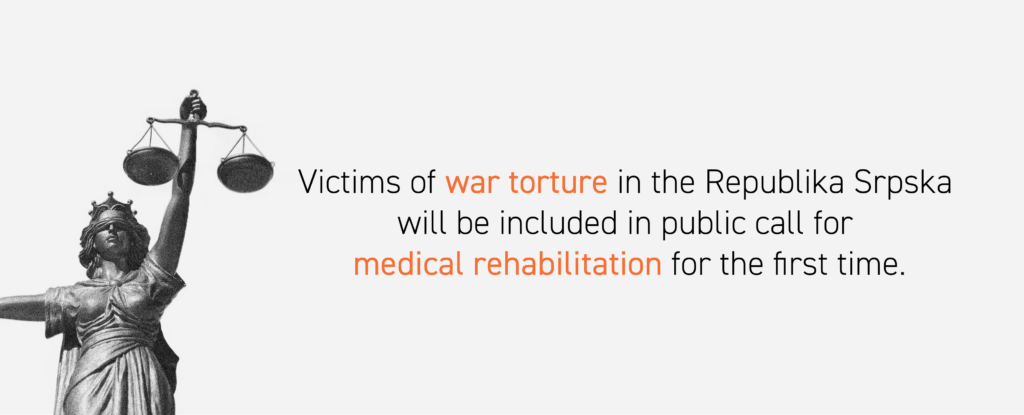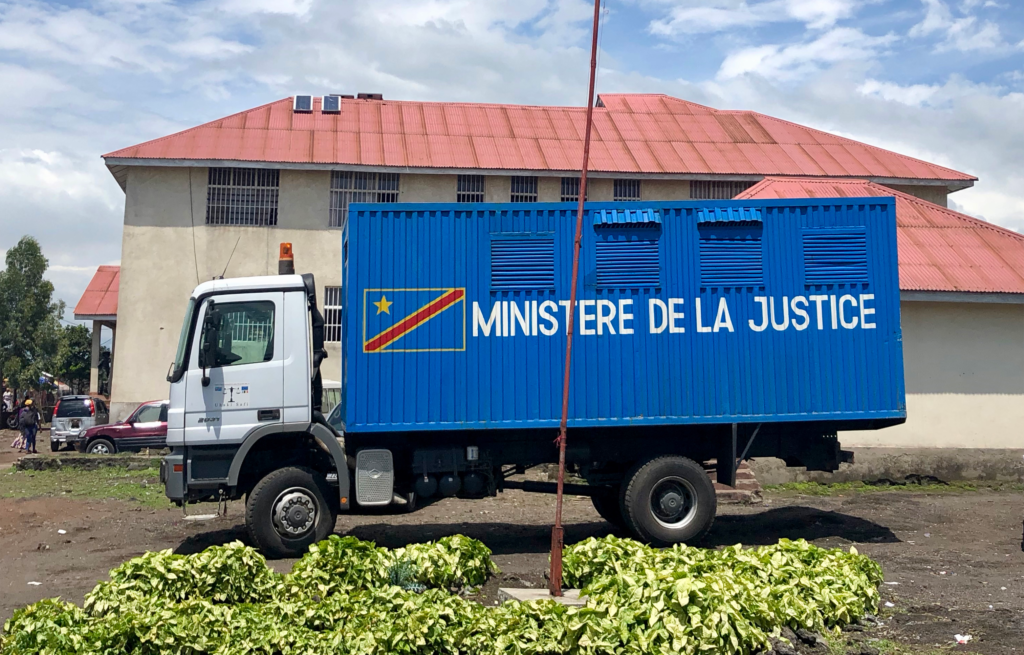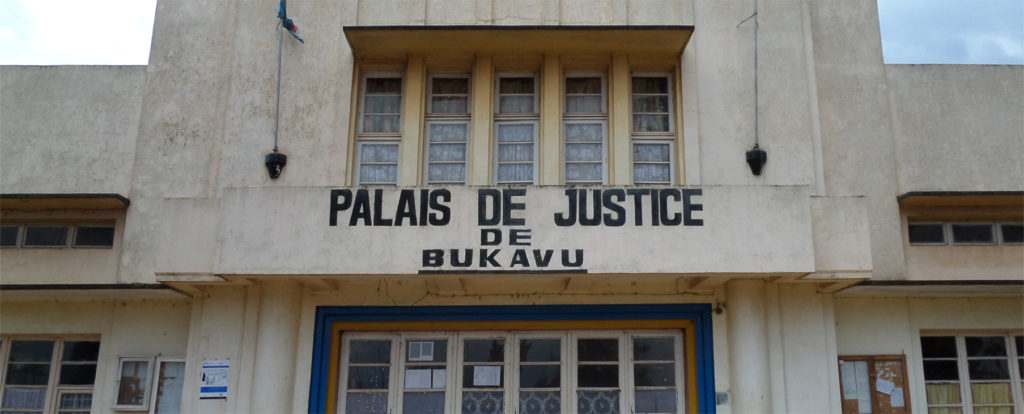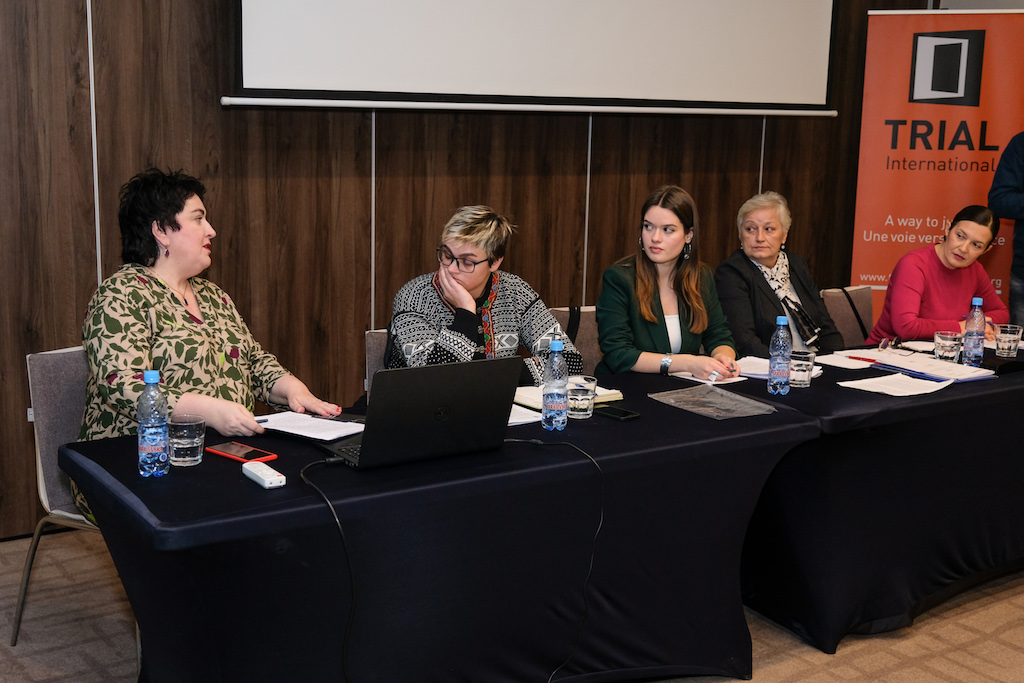Rape and Ill-treatment of Devi Maya Nepal in August 2002
The case
In March 2015 TRIAL submitted a communication to the Human Rights Committee on behalf of Ms. Devi Maya Nepal (pseudonym). Ms. Devi Maya Nepal is a member of the Tharu indigenous community.
On 20 August 2002 Ms. Devi Maya Nepal was subjected to rape and other forms of ill-treatment by six members of the Royal Nepalese Army (RNA) when she was at home with her three years old daughter.
The subsequent attempts of Ms. Devi Maya Nepal to obtain justice and redress for the harm suffered were frustrated, as Nepalese authorities refused to register her claims because she did not report the rape within 35 days from having suffered such treatment (which would have been materially impossible for her).
On 22 January 2015 Ms. Devi Maya Nepal submitted a complaint to the Supreme Court of Nepal, seeking relief and requesting the latter to order that the 35-day statute of limitations is not applied in her case. The claim is currently pending before the Supreme Court of Nepal, but she has no real prospect of success, considering that the Court never disregarded the statute of limitations established under domestic legislation in individual cases and that a previous order to amend the relevant provisions remains unimplemented since 2008.
Ms. Devi Maya Nepal requested the Human Rights Committee to find that she is a victim of a violation of Art. 7 (prohibition of torture), read alone and in conjunction with Arts. 2, para. 1 (prohibition of discrimination), 2 (obligation to adopt legislative measures), 3 (right to an effective remedy); 3 (equality between men and women); and 26 (prohibition of discrimination) of the International Covenant on Civil and Political Rights.
Decision
During its 132nd session (28 June—23 July 2021), the members of the Human Rights Committee adopted their Views on the case of Devi Maya. The decision was made public on OHCHR website on 22 November 2021.
The HRC recognized all claims made in the Communication and in particular that:
- The rape and sexual violence suffered by Devi Maya amounted to torture, violation of her privacy, disruption of her family life and marriage and had particularly serious discriminatory consequences for her.
- Nepal failed to adopt such laws and other measures necessary to give effect to the author’s rights under the Covenant with regard to rape and other forms of sexual violence. It failed to criminalize torture and repeal all laws that grant impunity to alleged perpetrators of acts of torture
- Nepali authorities failed to conduct a thorough, independent, impartial and prompt investigation into the author’s allegations of torture and sexual violence
- Nepal failed to provide special measures of protection to which the author was entitled as a member of a particularly vulnerable group – the indigenous community of the Tharu – and instead subjected her to multiple forms of discrimination based on her status as a young indigenous woman.
- The author’s rights to privacy, safety from unlawful attacks on honor and reputation, and family life were also breached
- The author is entitled to an effective remedy, including compensation for the harm suffered, rehabilitation, satisfaction and guarantees of non-recurrence
The Committee considers that the remedies in the criminal justice system were both ineffective and unavailable to the author, in view of the legal and practical limitations on filing a complaint for rape in Nepal. Remarkably, the Committee also noted that transitional justice mechanisms cannot serve to dispense with the obligation to prosecute the perpetrators of serious human rights violations and considered that resorting to the Truth and Reconciliation Commission would have not constituted an effective remedy for the author.
Hence Nepal is notably under obligation to provide Devi Maya with an effective remedy, to conduct an effective investigation into the facts, to prosecute, try and punish those responsible for the violations, and to ensure rehabilitation and adequate compensation to Devi Maya. The State party is also under an obligation to take steps to prevent the occurrence of similar violations in the future, by adapting its legislation.
The General Context
The facts of this case must be read in the frame of human rights abuses, including widespread torture and sexual violence perpetrated during the 10-year internal armed conflict in Nepal. In particular, rape was perpetrated in a systematic manner and many women were silenced by the stigma attached to sexual violence both in war and peacetime. This must be inscribed in the prevailing context of discrimination against women and other vulnerable groups, including indigenous communities. In Nepal there is a persistence of patriarchal attitudes and deep-rooted stereotypes that perpetrate discrimination against women in all spheres of life. At the time of writing, no one has been convicted for rape committed during the conflict and this climate of absolute impunity has been fostered by flawed legislation. Thousands of victims, as Ms. Devi Maya Nepal, have been deprived of their rights of access to justice and reparations.












